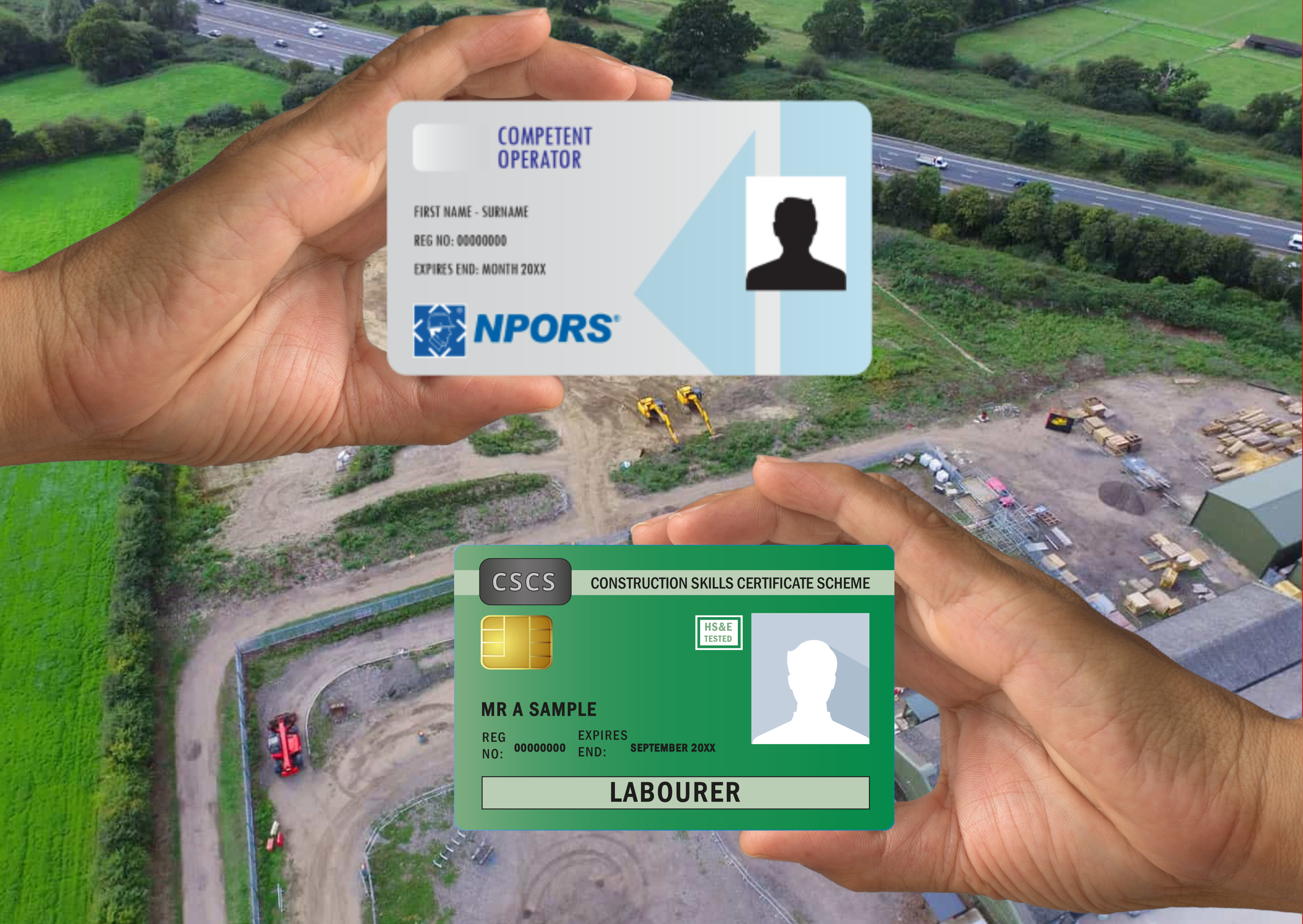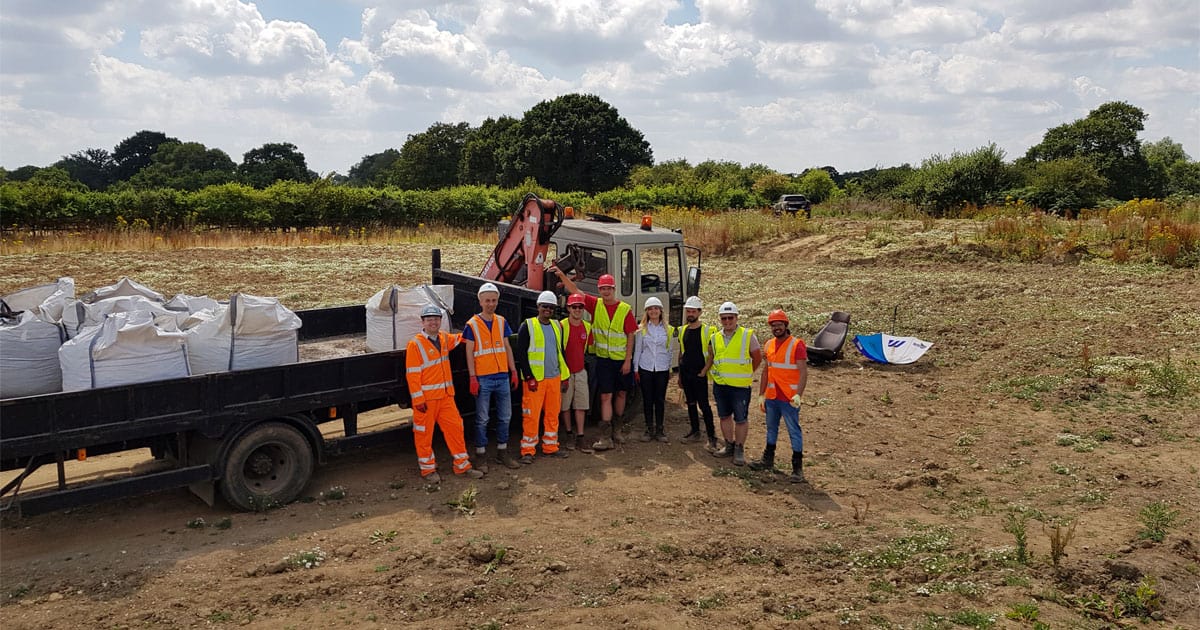According to UK health and safety regulations, employers must ensure that all of their plant operators are sufficiently qualified. Two of the most common qualification schemes that employers look for are:
These qualifications are rewarded in the form of cards, which can be shown on-site to confirm that you have the qualifications to safely operate specific types of machinery.
But with two different schemes to choose from, it can be tough to decide which is best for you. To help you decide, we’ve outlined:
The 3 Key Differences Between CPCS and NPORS
1. Recognition
Launched in 2003, CPCS is the leading plant qualification scheme in the UK. Previously, it was the only choice for getting your plant qualifications. This was because most, if not all, employers required operators to hold a CPCS card to gain access on-site.
Despite being founded in 1992, long before CPCS was launched, NPORS qualifications never used to be as widely recognised by employers. However, in recent years, NPORS has gained greater popularity. Nowadays, it’s rare for an employer to not recognise NPORS qualifications.
Since both schemes are well-recognised across the UK construction industry, it shouldn’t matter which you choose. However, if you’re searching for jobs, asking employers which qualifications they prefer may be useful.
2. Cost
CPCS courses are usually priced based on the course price x the number of candidates you want to book.
Generally, this price includes:
- Theory & practical training
- Theory & practical testing
- CPCS card application
However, there may be additional charges like machine hire – particularly if you’re training on a less common machine. Since CPCS course costs are all-inclusive, these courses usually work out cheaper for individuals.
NPORS courses are usually priced based on a standard day rate charge + additional expenses.
Generally, additional expenses will include:
- Test registration fees
- Mileage to site
- Machine hire
Since NPORS courses are charged at a standard day rate charge, the more candidates that you book… the more that you get for your money! This means that NPORS often works out cheaper for businesses wanting to get larger groups of workers qualified.
3. Location
According to scheme rules, CPCS courses must take place at an accredited test centre. This is great if you have a test centre local to you or if you aren’t currently working on-site. However, this option may not be convenient for everyone.
Alternatively, NPORS courses take place on your work site. This can be more convenient if you don’t have a test centre local to you. It also benefits you as training takes place using your machinery – which you are potentially already used to operating.
4. Bonus: Card Expiry
CPCS and NPORS first issue candidates with ‘Trained Operator Cards’:
CPCS Trained Operator Cards – valid for 2 years.
NPORS Trained Operator Cards – valid for 2 years.
These cards can then be upgraded to ‘Competent Operator Cards’:
CPCS Competent Operator Cards – valid for 5 years.
NPORS Competent Operator Cards – valid for 5 years.

In conclusion, CPCS and NPORS are both widely recognised schemes that will prove your occupational competency as a plant operator. Your choice between the two will ultimately depend on your specific needs and preferences – particularly with cost and location.
However, our general guidance is that CPCS is best suited to individuals while NPORS is better suited to larger groups and businesses.
Here at BAM Construction Training, we offer a range of CPCS and NPORS training courses. Whichever scheme you decide is best for you, we’re here to help you get qualified!
Still not sure which is best for you? Get in touch for expert advice.

